
Test your neurology knowledge with NeurologyLive®'s weekly quiz series, featuring questions on a variety of clinical and historical neurology topics. This week's topic is headache and migraine.

Test your neurology knowledge with NeurologyLive®'s weekly quiz series, featuring questions on a variety of clinical and historical neurology topics. This week's topic is headache and migraine.

In the largest meta-analysis of patients with poststroke seizures, findings showed that those with early seizures had a greater mortality risk than those with late.

Among 443 episodes in 149 patients treated with different doses of BXCL501 over 12 weeks, the 60 mcg dose showed a reduction in agitation for the first and all treated episodes at 1 and 2 hours.
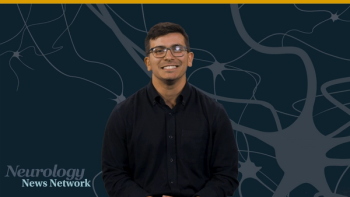
Neurology News Network for the week ending September 23, 2023. [WATCH TIME: 3 minutes]

In the study, patients with ALS will be asked to complete questionnaires, a physical examination, and undergo neurostimulation site visits 3 times per week for 4 weeks.

Take 5 minutes to catch up on NeurologyLive®'s highlights from the week ending September 22, 2023.

The chief medical officer at ML Bio Solutions, an affiliate of BridgeBio, talked about the importance of awareness for neuromuscular diseases such as Duchenne muscular dystrophy and why a timely diagnosis can make a profound difference in a patient’s life. [WATCH TIME: 3 minutes]
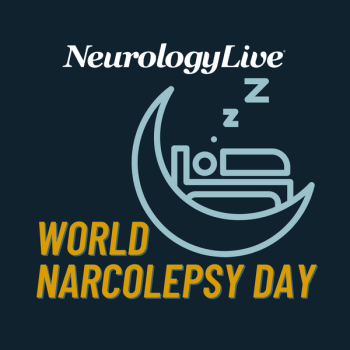
On World Narcolepsy Day 2023, get a recap of the latest advances in narcolepsy that you might have missed over the last few months, compiled all into one place by the NeurologyLive team.

Mind Moments®, a podcast from NeurologyLive®, brings you an exclusive interview with Birgitte Kornum, MD. [LISTEN TIME: 18 minutes]
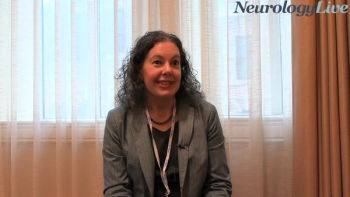
The associate professor at Washington University School of Medicine provided commentary on the state of care for pediatric stroke, and the challenges with identifying the most likely etiology. [WATCH 3 minutes]

Leigh Charvet, PhD, professor of neurology at the NYU Grossman School of Medicine, talked about a trial that aims to address cognitive impairment in patients with long COVID through a unique, remote, and home-based treatment approach.

The professor of neurology and translational neuroscientist at Ludwig-Maximillian’s University Munich discussed the reasons behind specific inclusion criteria and outcomes used in the phase 3 ORION study of AMX0035 in progressive supranuclear palsy. [WATCH TIME: 4 minutes]
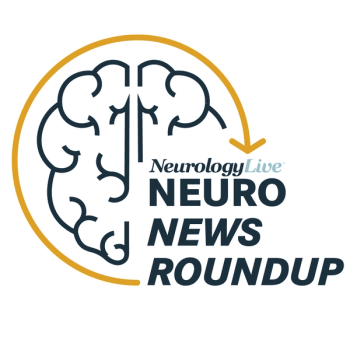
In honor of World Alzheimer Day, held September 21, 2023, get caught up on some of the latest news in Alzheimer disease as the NeurologyLive® team shares some of our data updates.
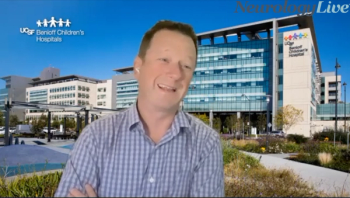
The director of the Pediatric Epilepsy Center at UCSF provided perspective on the advances in the treatment of Dravet syndrome, emerging research concepts in the field, and the influence of genetic testing. [WATCH TIME: 5 minutes]

A study examining eligibility criteria for Alzheimer agent trials showed that a significant proportion of older adults with early cognitive impairment may not qualify for these therapies because of health conditions and other factors.

In a large cohort of 848 pediatric participants with challenge-proven food allergy, investigators identified narcolepsy-like sleepiness as a symptom impacting more than 1 in 10 patients with food allergies.

The double-blind trial will feature 180 patients of various spinal muscular atrophy types who will be followed over a 48-week treatment period.

In a recent multisite analysis of 361 patients with REM sleep behavior disorder, 84% had neurological abnormalities in at least one domain observed.
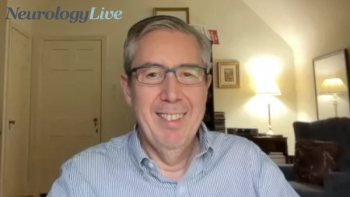
The adjunct professor of human genetics at Emory University School of Medicine talked about efforts from various communities in neurological disorders, such as Rett syndrome, to develop new measures for research. [WATCH TIME: 3 minutes]

The associate professor in the department of neurology at the University of Rochester provided insight on her presentation on psychosis in Parkinson disease and related disorders given at the 2023 ANA Annual Meeting.

The AIRAscore may help optimize the diagnostic process of neurodegenerative disorders by comparing brain structures with collected age- and gender-specific qualitative data samples.

In a recent long-term analysis of a phase 3 trial, the most common treatment-emergent adverse events that led to discontinuation of low-sodium oxybate were cataplexy, headache, nausea, and psychiatric disorders.

The chief medical officer at ML Bio Solutions, an affiliate of BridgeBio, discussed how promising conversations between researchers and regulatory authorities suggest a potential pathway for accelerated approval for limb-girdle muscular dystrophy type 2I/R9. [WATCH TIME: 3 minutes]

Approved in 2016, the newly updated label changes add more clarity to the use of pimavanserin, noting that patients with Parkinson disease with dementia may be eligible for treatment.
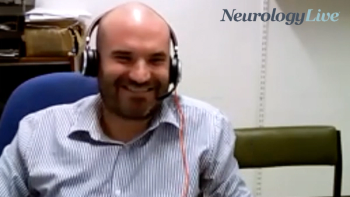
The movement disorder specialist at Cambridge University Hospitals NHS Foundation Trust talked about a patient with treatment-resistant Parkinson disease who experienced significant improvement in motor symptoms after using a vibrational therapy. [WATCH TIME: 8 minutes]

Hesham Abboud, MD, PhD, associate professor of neurology at Case Western Reserve University School of Medicine, talked about a study that suggested the possibility of predicting the future clinical phenotype of optic neuritis in patients early on.

Visual hypersensitivity decreased after 3 months of treatment, with a clear association with clinical response to treatment regarding migraine days.

Sodium oxybate, an endogenous GHB/GABAB receptor agonist, is clinically used to promote slow-wave sleep and reduce next-day sleepiness in disorders such as for patients with narcolepsy

The chief medical officer at ML Bio Solutions, an affiliate of BridgeBio, discussed developing therapies for rare neuromuscular diseases such as limb girdle muscular dystrophy 2I/R9 and the unique challenges that occur in clinical trial settings. [WATCH TIME: 5 minutes]

Marcio Souza, president and chief executive officer at Praxis Precision Medicines provided follow-up thoughts on recently announced positive findings assessing ulixacaltamide in patients with essential tremor.